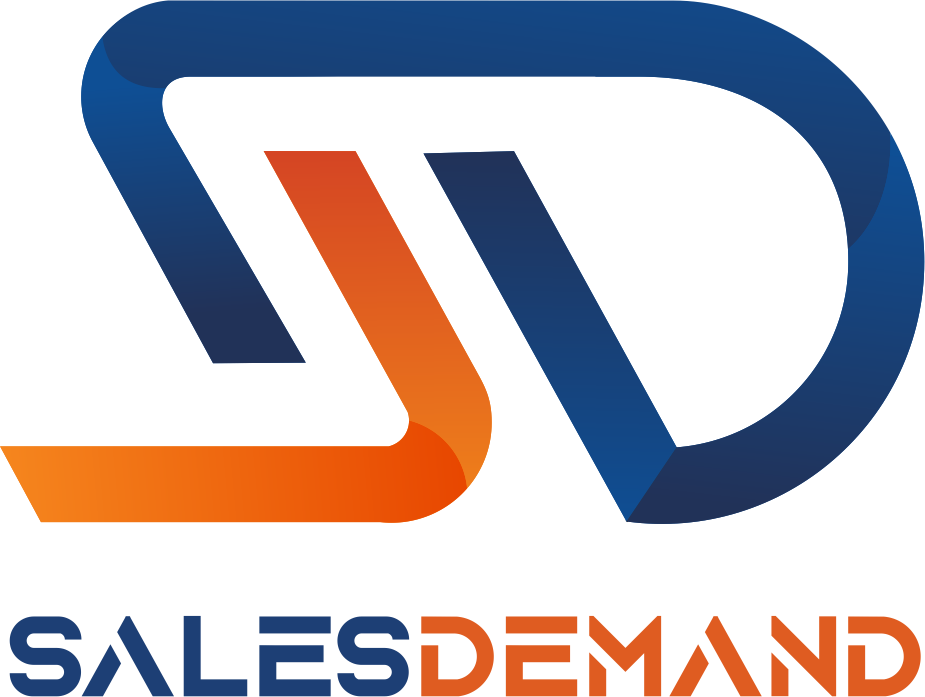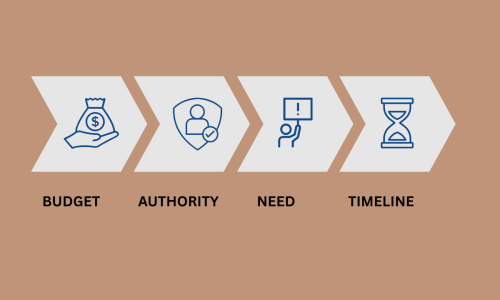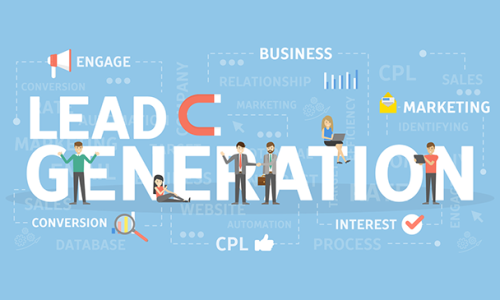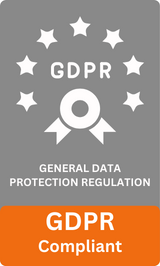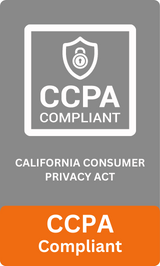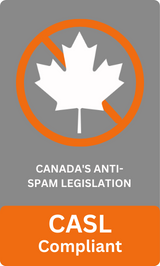Have you ever noticed ads following you around the internet? Those creepy trackers are thanks to “cookies” – tiny bits of code websites store in your browser. They track your browsing habits to show you targeted ads.
Back in 2020, Google made plans to eliminate third-party cookies to provide its users with greater privacy. But then the plan changed again! Instead of crumbling them at once like that delicious batch you forgot you had in the back of the pantry, Google decided to postpone that event until further notice (another delay!).
There’s no exact date yet, but it won’t be until sometime in 2025 at least. So, what does this mean for you and all that online browsing? Let’s dive in!
Why is Google Delays Cookie Phase Out?
Google delays cookie phase-out to allow more time for industry transition, addressing concerns over the impact on the digital advertising ecosystem. Industry stakeholders welcome the extended timeline for adaptation. Here’s the breakdown:
1# Not Everyone Was on Board
Imagine companies that rely on those cookies to target ads – they weren’t too happy. Regulators also chimed in, worried that getting rid of cookies might give Google too much power in the online advertising world.
2# Balancing Privacy and Competition
Google wants to protect your privacy, but it also wants to make sure companies can still advertise effectively. Without cookies, some businesses might struggle to reach the right people, hurting healthy competition online.
3# Finding a New Way to Track
Think of cookies as the old, clunky way of following your online footsteps. Google needs to come up with new tools that respect your privacy while still allowing advertisers to show you relevant ads. It’s like inventing a sleek, silent car to replace the noisy, smoky one – it takes some time to get it right.
In short, Google’s hitting the pause button because they want to find a solution that works for everyone – you, the advertiser, and even Google itself. They need to ensure a healthy online environment where you get more control over your data, businesses can still advertise effectively, and competition thrives.
The good news? Google is working on alternatives like the “Privacy Sandbox” – a toolbox for new, privacy-focused ad targeting. It’s still early days, but hopefully, it’ll be the quiet, efficient car of the online ad world!
What Does This Mean for Users?
Users will continue to be tracked and sent targeted advertising, but privacy and data protection issues persist. An extended timetable gives people more time to adjust to the changing digital setting.
So, what does this mean for you as you navigate the online world?
1#Taking Back Control (Maybe)
Imagine a world where websites can’t track your every move online. That’s the potential benefit of phasing out cookies. You might see fewer ads based on your browsing history, giving you a more private browsing experience. No more feeling like the internet is eavesdropping on your shopping or travel plans!
2# Fewer Spooky Ads (But Maybe Less Relevant Ones)
The downside? Without cookies tracking your every click, you might see fewer targeted ads. So, while you might not be bombarded with ads for that pair of shoes you just looked at, you might also see more generic ads that don’t really interest you.
3# Taking Charge of Your Privacy (Even Now)
The good news is, that you don’t have to wait for the cookie crumbles to settle to take control of your online privacy. Most browsers allow you to clear cookies regularly or even block them altogether. You can also adjust your privacy settings on social media platforms and other websites to limit how they track your activity.
Think of it like this: while the complete removal of cookies might be the scenic route to ultimate online privacy, taking charge of your browser settings is like finding a shortcut – you can still enjoy a more private journey on the internet even before you reach the final destination.
While the exact timeline for the cookie phase-out remains uncertain, Google is working on alternative solutions that balance your privacy with effective advertising. Remember, you can still take control of your online privacy today by adjusting your browser settings. So, keep exploring the web – with a newfound sense of control over how your online footprints are tracked!
The Future of Online Advertising
Google’s delay in cookie phase-out indicates a change in the online advertising market. The industry responds to changing privacy restrictions, looking at alternatives such as first-party data and contextual targeting for future advertising strategies.
So, what’s next for online advertising? The key is finding a way to keep showing you cool stuff you might be interested in, without feeling like the internet is spying on you.
1 #Finding the Sweet Spot
Imagine a world where advertisers can still reach the right people with their products, but you have more control over your data. That’s the challenge. Think of it like finding the perfect temperature for a swimming pool – not too hot, not too cold, just right!
2# Google’s Sandbox Surprise
Enter Google’s “Privacy Sandbox” – a toolbox for creating new ways to target ads without relying on those sneaky cookies. It’s like building a whole new pool with advanced water filtration systems – it keeps the water clean (your privacy) while still letting you enjoy the fun (relevant ads).
3# Stay Tuned for the Next Episode
The Privacy Sandbox is still under development, so it’s too early to say exactly how it will work. But it’s a sign that companies like Google are taking user privacy seriously and looking for innovative solutions.
4# Knowledge is Power (Especially Online)
Online advertising and data privacy can be confusing, but staying informed is key. Keep an eye on news articles or even ask tech-savvy friends to explain things in simple terms. The more you understand, the better equipped you are to make choices about your online privacy.
The future of online advertising hinges on finding the right balance between relevant ads and privacy protection, with innovative ideas like Privacy Sandbox aiming to enhance the user experience.
Conclusion
Google delays cookie phase out have implications for users and advertisers. Users may experience continued personalized advertising, while advertisers have more time to adapt to evolving privacy regulations. This delay underscores the importance of balancing user privacy with effective digital advertising strategies.
